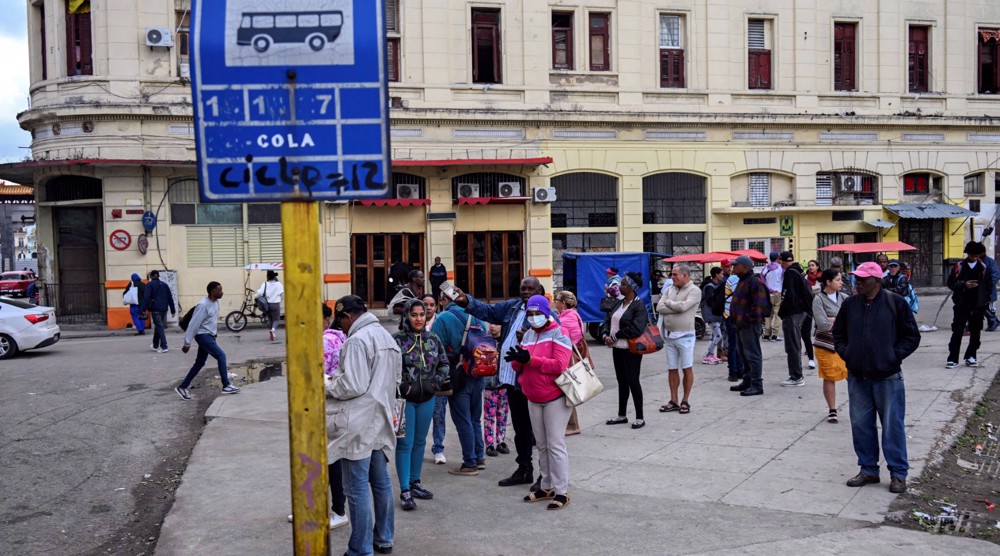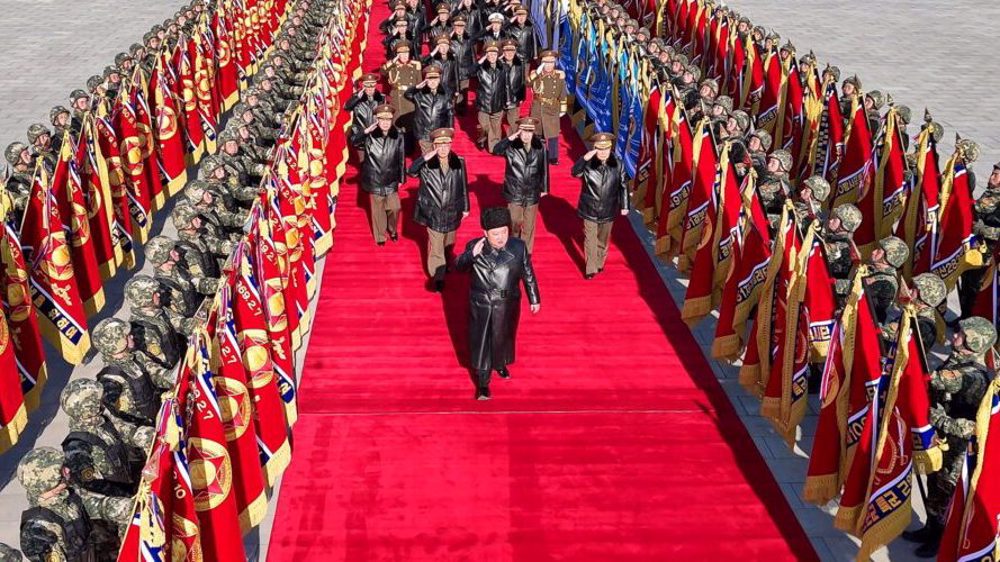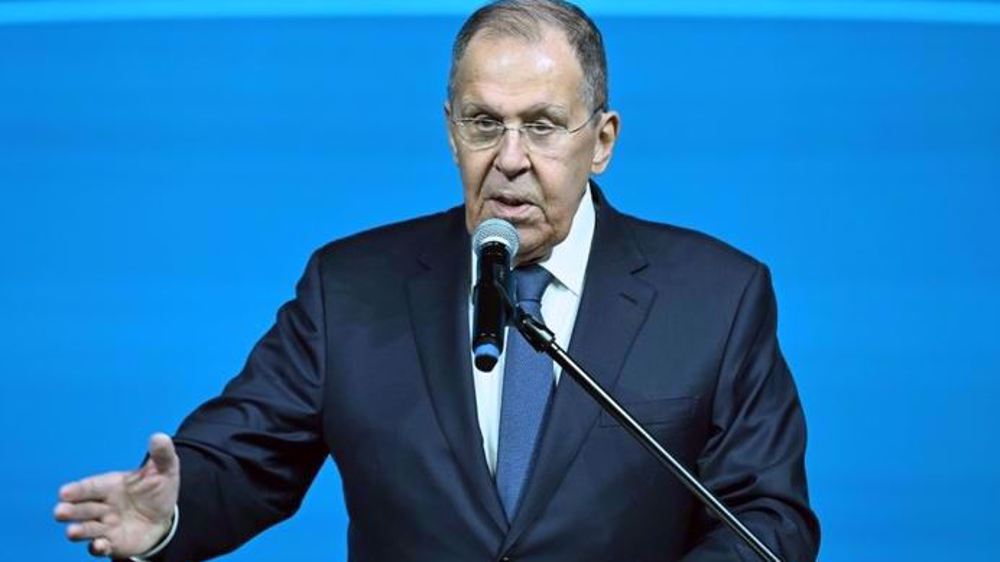Russia ready to sever EU ties if hit with new sanctions: Lavrov
Russia has warned that it is ready to sever ties with the European Union (EU) if the 27-member bloc hits Moscow with new economic sanctions following recent tensions over the case of Western-backed blogger Alexei Navalny.
Relations between Russia and the West have come under renewed pressure over Navalny’s detention and an alleged crackdown on protests for his release in the past couple of months.
The arrest has sparked talk of new EU sanctions, especially after Moscow expelled German, Polish and Swedish diplomats for taking part in pro-Navalny protests last week.
France and Germany have demanded a response by the EU and signaled willingness to press on with plans to levy sanctions on Moscow. Reuters, citing three European diplomats, said the bloc is likely to impose travel bans and asset freezes on allies of Russian President Vladimir Putin as soon as this month.
EU foreign ministers are set to discuss the issue at their next meeting on February 22.
Asked in an interview, posted on the Russian foreign ministry's website whether Moscow would now move towards cutting ties with the EU, Foreign Minister Sergei Lavrov said, "We proceed from the fact that we're ready (for that). In the event that we again see sanctions imposed in some sectors that create risks for our economy, including in the most sensitive spheres.”
“We don't want to isolate ourselves from global life, but we have to be ready for that. If you want peace then prepare for war,” he added.
Last month, Russian police detained Navalny upon arrival in Moscow from Germany, five months after he was transferred to a hospital in Berlin for alleged poisoning.
Moscow has repeatedly rejected the allegation, saying the West is exploiting the case for political reasons and using it as a pretext to impose more sanctions against Russia.
Navalny was jailed on February 2 after a Russian court ruled that he had violated the terms of a suspended 2014 sentence to participate in protests.
The Russian government had earlier declared the gatherings illegal.
Moscow warns of Western plot to destabilize Russia
On Thursday, Russian Foreign Ministry spokeswoman Maria Zakharova pointed to baseless allegations made by American and European officials about Navalny’s case saying Western countries have launched a large-scale intelligence campaign to destabilize Russia.
Zakharova said US and Western officials, as well as some international organizations, accuse Moscow of violating human rights during illegal pro-Navalny protests and claim that the rights of Russian citizens to freedom of expression and association had been breached.
The spokeswoman also said the mainstream media in the West claims that participants in unauthorized gatherings in Russia are leaders of the Russian opposition but they are in fact “foreign infiltrators.”
“Obviously, the big conspiracy against Russia is aimed at destabilizing the country, but these efforts are doomed to failure and I believe that the Western partners have realized this fact, and therefore they are more angry,” Zakharova said.
The Russian official also cautioned the European Union against new sanctions on Moscow and said a tit-for-tat response "will follow inevitably.”
"We would want to warn our EU partners against a new incautious step," Zakharova said, adding, "It is absolutely unacceptable to use human rights and refer to democratic principles as a geopolitical instrument.”
Zakharova stressed that the EU decision would look cynical amid the "total disregard by Brussels" for violations of rights of Russian-speaking population and Russian-language media in EU countries, as well as crackdowns on protest movements in European countries.
"Globally, this is fraught with growing arbitrariness in international relations and basically with an erosion of international law," she said.
"Once again, we reaffirm our fundamental position that it is unlawful to impose unilateral restrictions in bypassing the UN Security Council and we urge the EU to return to equitable constructive dialogue and to look for workable compromises that would ensure the balance of interests through the existing diplomatic channels that always remain open."
Trump creating conditions that may lead to 'good deal' with Iran: Netanyahu
VIDEO | Netanyahu fails to dissuade Trump from Iran talks
Iran puts ‘Jam‑e Jam 1’ into orbit in milestone for national broadcasting
‘Colonial eradication of Palestine’: Iran condemns Israel’s West Bank annexation push
Thousands block Melbourne as Israeli president ends contentious Australia visit
Nearly 800 Lufthansa flights cancelled as pilots, cabin crew strike
Pezeshkian: US, Israel exploit Iran’s challenges without genuine concern
VIDEO | Press TV's news headlines












 This makes it easy to access the Press TV website
This makes it easy to access the Press TV website